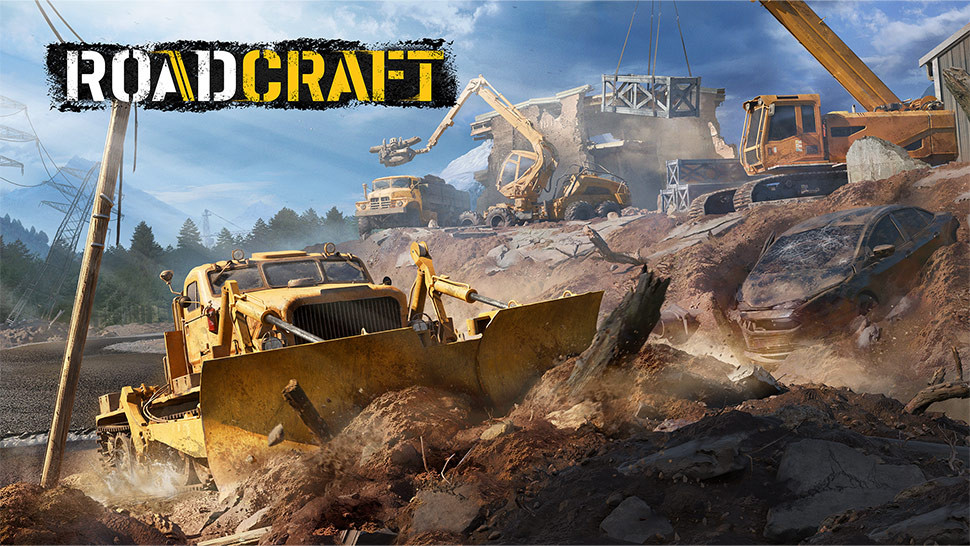Ironcast Review

 By Kevin Mitchell | May 30, 2016
By Kevin Mitchell | May 30, 2016
I'll admit, it has been quite some time since I last played a matching puzzle game, but I found myself drawn to the intriguing alternate history that developer Dreadbit has crafted in Ironcast. Not to mention, anything set in a steampunk iteration of the Victorian era combined with mech combat brings out my inner science fiction geek.
Set during a war between the British Empire and France, Ironcast features appealing strategic elements crossed with an enjoyable matching puzzle game. Both nations are engrossed in a battle over a rare, valuable resource known as Volite. Over 20 feet tall, the massive combat mechs, known as Ironcasts, are powered using this scarce resource. So, you can see why both countries are vying for total control. You take on the role of an English commander, juggling the various systems that comprise the Ironcasts. With the French invading England's most famous city, London, you must find a way to defend your country within nine days.
Dreadbit does an excellent job easing players into the game through an informative tutorial before opening the floodgates and allowing players to pick and choose their battles. The game's primary focus is on the jewel-filled matching system that dominates the center of the screen, providing players with all the necessary information regarding their Ironcast's systems and current status. Your titular mech can be found marching along the left side of the screen, while your adversary appears on the right.
Four main systems comprise your Ironcast: two main weapons, drives, and defenses. Each system can be targeted and independently damaged, and if destroyed, must be repaired to become operational again. The system is surprisingly deep, allowing you to systematically disable your opponent, crippling their ability to fire or even raise a shield to defend themselves.
As a turn-based title, you won't have to worry about having fast reflexes to raise and lower your shields, or start and stop your drives that power your mech. Turns begin with players matching like resources in any connecting direction, whether it's a straight line or some form of a winding "S". When matched, you'll gain resources based on how many gems were connected for any of the four types. Ammunition powers up your weapons and is necessary to fire, while energy can power shields and movement for your Ironcast. Moving will increase your chances to dodge attacks or even decrease the damage you'll take from incoming attacks. If you run out of coolant, however, you risk taking damage from overheating. Utilizing bonus gems, such as linking two resources together, you can select multiple resources during one turn.
Upon losing or completing a campaign, you'll earn Commendation Marks to unlock new Ironcasts, abilities, and upgrades to use in newly started campaigns. Think of the game as a roguelike, where upon death, you're given currency to spend based on your past performance but have to start a new campaign every time. When you're set to begin a mission, the map will list multiple options, with varying difficulty, mission types, and rewards. The overall goal is to complete enough missions to power up your mech before the timer reaches zero, signifying the battle for London is imminent. You could try to defeat the boss before the day timer reaches zero, as each mission advances the game one day, but it wouldn't be the brightest of ideas.
Simply matching resources for the sake of matching is the quickest way to lose in Ironcast. You must think before every turn and understand how collecting resources will play out if you're looking to attack/defend on subsequent turns. If you believe your enemy may be setting up for a powerful attack, you may want to ensure your shield and drives are active so you can deflect the attack as much as possible. Nothing is worse than having an only offensive mindset, and you'll find yourself vulnerable to an attack that systematically disables your weapons. If you can target specific weapons, so can the AI, and let me tell you, it can be brutal at times. Mission objectives don't always require you to destroy your foe, as your goal may be to survive for a set amount of turns or to disable particular enemy Ironcast systems.
Simply Put
Ironcast can be brutally difficult, but typically it's from poor strategic choices and not due to the lack of certain resources in the matching portion of the game. The inclusion of the Commendation Marks adds to the replay value of the game, as you can experience new content with each consecutive playthrough.
Note: Ironcast was reviewed on PlayStation 4. A digital copy of the game was provided by the publisher/developer.




